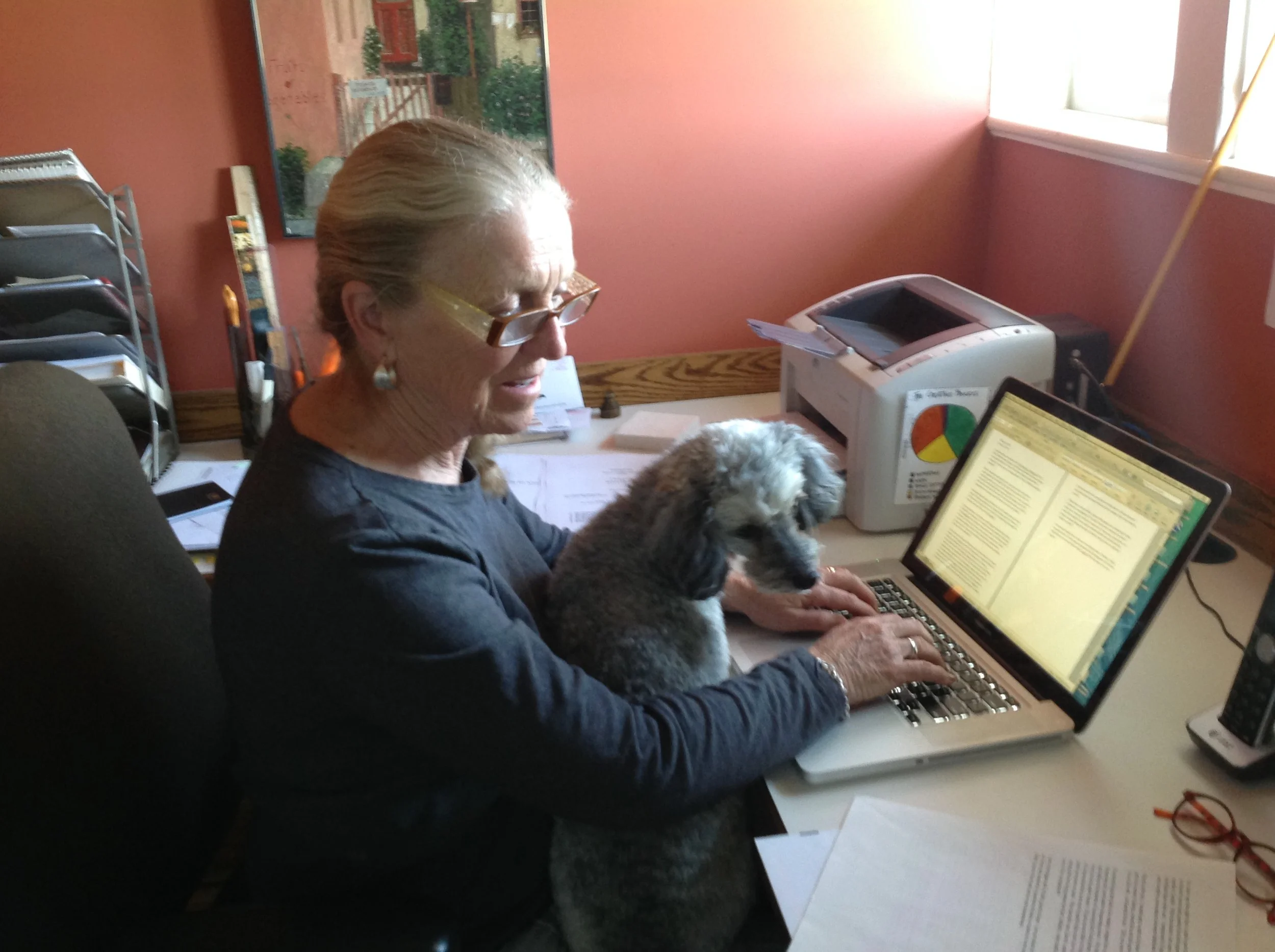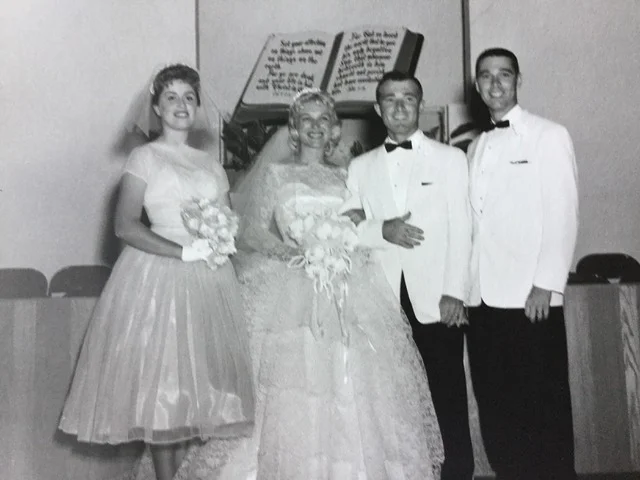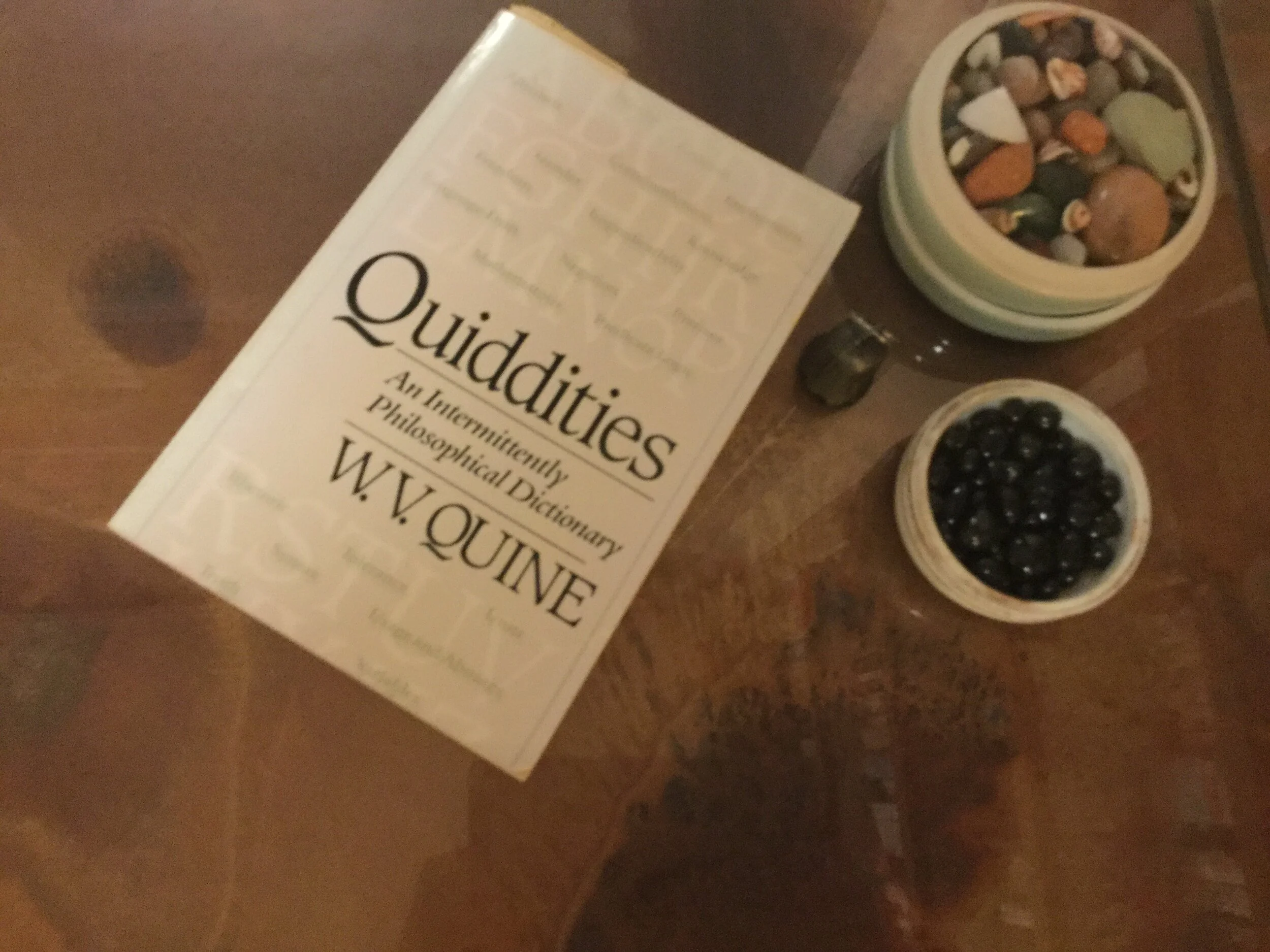Just Say’n
If I remember rightly, it was April, 1986, when my art-savvy NYC friend, Josie, and I strolled through the Metropolitan Museum of Art. On a wall near a bank of mounted pay telephones (yep, 1986) was this sign:
“No Strollers Allowed—Mondays, Wednesdays, and Fridays.”
Josie read the sign and said, seriously, “How do they measure your walking?”
I had sufficiently recovered from fits of laughter by the time we made it through Greek statuary.
~. ~
Around that same period of time, my two young sons and I were together in our Ford Falcon station-wagon, rounding a hillside bend near our home in a coastal California town. Six-year-old Gordy sat in the front, on the passenger side. Doug, age eight, stood (Sorry) on the floor behind us, chin on our seat-back, fully engaged in the conversation, the subject of which I’ve long forgotten. But this, I remember:
“I’m not sure you have any basis for that,” I said in response to whatever it was Gordy proposed.
Au-Huh,” came his swift and strong reply.
Nearly stepping on Gordy’s final “Huh” came the sure disapproval of Doug, the word-smithing phenom.
“You don’t even know what the word basis means,” he said. Spat words. No question.
Au-HUH!” Snapped Gordy. Nothing works better for conquest than certitude. Gordy was certain.
Gordy knew he knew and he wanted us to know he knew. Wasting not a second for reconsideration, Gordy fired back: “First base, Second base, Third base.”
These stories are not examples of malapropism, that often hilarious misuse of words, like Yogi Berra’s, “Texas has a lot of electrical votes,” rather than “electoral votes.” No. These stories describe not blunders of speech but blunders of understanding.
To bung the barrel, this example occurred just last Saturday when we had a visit from our eldest, Doug, now a fully adult master of words and considerable musical skills.
I had inquired about an appointment coming up concerning his tremor (along with good stuff, he has been gifted with essential tremor from both his mother and father’s genes).
“My trimmer?” he asked.
“Right. Don’t you have an appointment coming up about that?”
“There’s nothing wrong with my trimmer; other than overuse, maybe,” he said.
“Overuse?”I asked. “You can overuse a tremor?”
“My truck is full of cuttings. I was out all day, trim . . .Oh,” said he. “Tremor, not Trimmer.”
Not blunders of speech, but blunders of understand.
How could the museum determine that you were strolling? Josie seriously asked.
What basis? That’s easy, thought Gordy. Everyone knew about bases.
Trimmer? Why would I have an appointment for my . . .
Ah, I think as I tuck into my journal the note about about a museum sign—it was, I’m remembering, many years ago when my husband and I realized that while we may well have used appropriate words, we often heard the other’s words in the in language of the French, mal a propos, meaning, “poorly placed.” The resulting conversation sometimes deteriorated, needless to say.
So, we adopted a question to replace confusion, anger, frustration, misunderstanding, assumption, resentment, pouting, distrust, revenge (in fairness, we were in marriage counseling).
We learned to say, “This is what I heard you say—is this what you said?”
Trimmer?
Stroller?
Bases?
Just thought I’d pass that along. It seems potentially useful in the world’s present period of people’s poorly placed politically polemical posturing.





